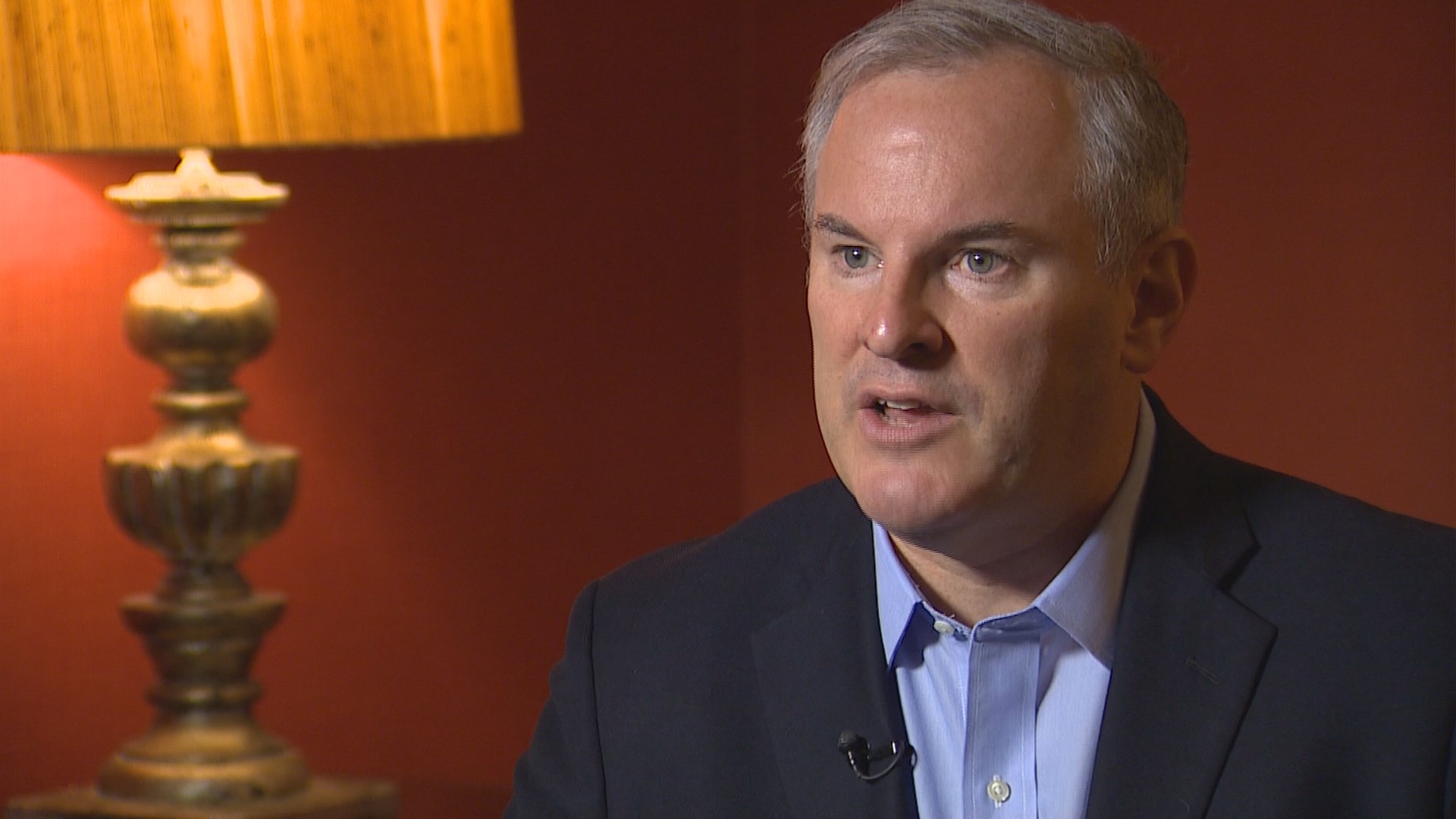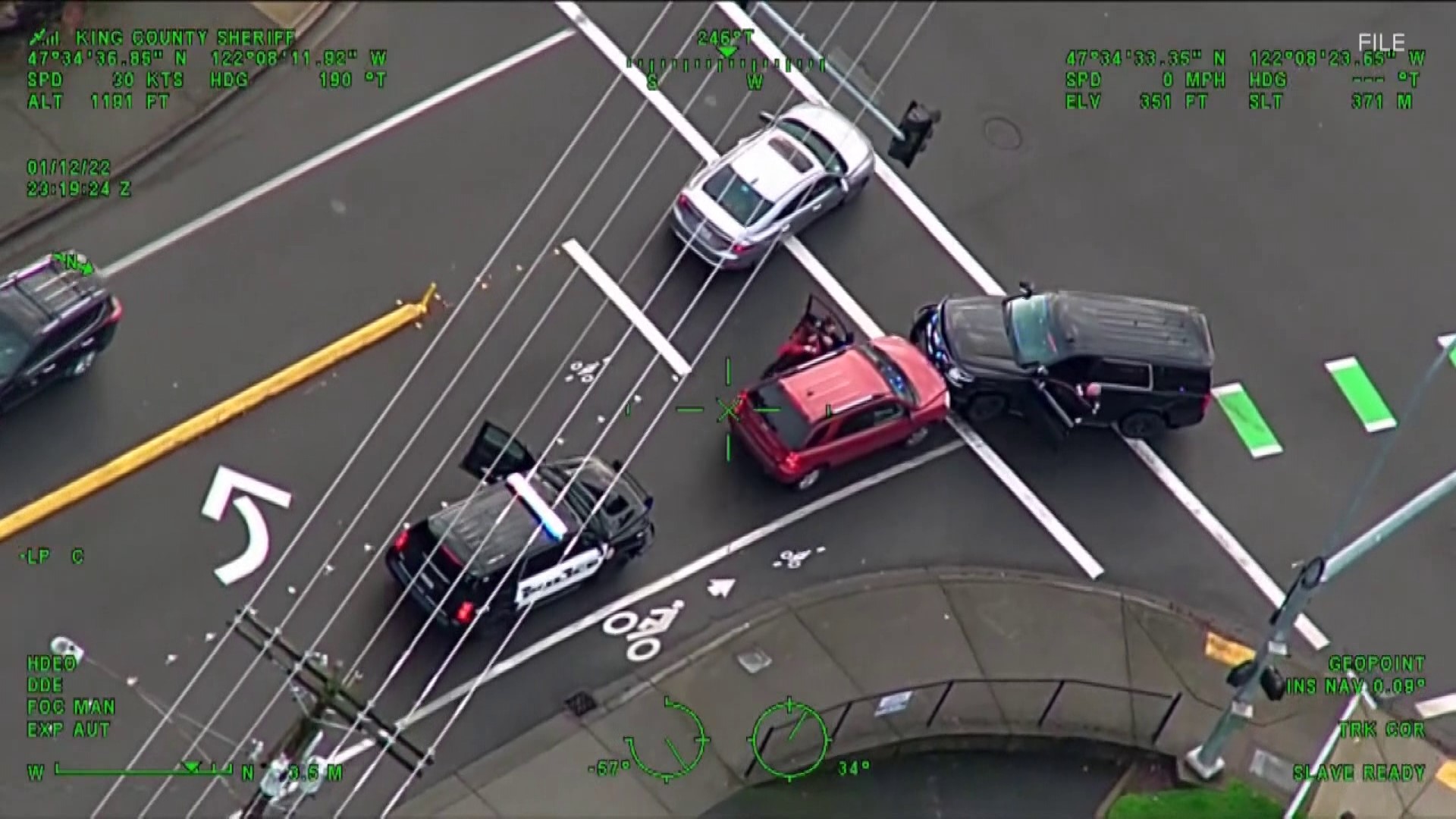Stephen Flynn, PhD. is the founding director of the Global Resilience Institute at Northeastern University and a nationally known expert on surviving and recovering from disasters. This week he helped lead a meeting of the Pacific Northwest Economic Region, an organization representing four northwestern states, plus Alaska and western Canadian provinces and territories. That meeting included pipeline companies, electrical utilities, water districts and other public and private entities ability to survive a disaster.
I began our conversation on what is his definition of the word "resilience."
A: Resilience is the capacity not to just bounce back, which is what you think of, somebody recovering from a blow. But it’s also the capacity to withstand that event. And when you do come back, come back better and stronger. So it’s a combination of being better prepared for something, able to withstand it. And when it happens, hopefully, to get back up on your feet quickly. Learn from it and be better prepared for the next time it comes around.
Q: You are a nationally recognized expert in this area, you’ve talked to a lot of people, a lot of media, you’ve testified before Congress. If you look at it nationally, whether it’s earthquakes here or hurricane Sandy in your part of the world, and what we’re witnessing now in Texas, Florida and Puerto Rico, ahead of time, do people seem to get it?
A: Not really. Our problem is, we’re largely in denial. When we’re talking, we sometimes refer to these things as "acts of God,” which means, as mortals, what can we do about it. We can’t anticipate it, but we’ll try and be really good when it happens. There’s so much we can understand in advance about these events. Not the timing, but what they will do to us. But then be able to plan for, not just the response, the saving of lives, but to recover quickly. And it’s becoming so important to have that. Because the real costs and consequences happen because you didn’t recover quickly. You start to have hospitals that run out of fuel for their generators, and all that has to be thought out in advance.
Q: Let me talk about the economy because the economy plays into this. We talked about Kobe, Japan, which is still said to be recovering from an earthquake, which occurred 22 years ago (in) 1995. When you talk about taking a region and trying to stand it up, what are the risks if you’re not prepared to bounce back from that?
A: One of the ways I try and get regions and cities to think about, any community to think about this better is, this is going to be a competitive advantage for any community. If you want to draw business to you, if you want a choice about where you want to live, where they want to work, they are going to come to the places that are not risk-free, because there aren’t any. They’re going to come to the ones that are really well prepared. And if it turns out you’re not well prepared, they’re fleeing you. And they’re not coming back. So the impact that potentially Cascadia may have, the megaquake risk, is when things get knocked down for a period of time.
Your major employers and companies that support them and all of the services for them, after a certain point, they have to leave. And they may never come back. There were reasons why in the days of old, many companies stayed put because they were tied through geography to that area. But when you have a knowledge-based economy, when you have large office parks like the Starbucks headquarters or the Amazons or the Microsofts. They like it here in this area, and many of their founders may be here, but as soon as essentially there’s no water, food, and they can’t run their businesses, they have to go somewhere else. And when they leave, they’re probably not coming back.


